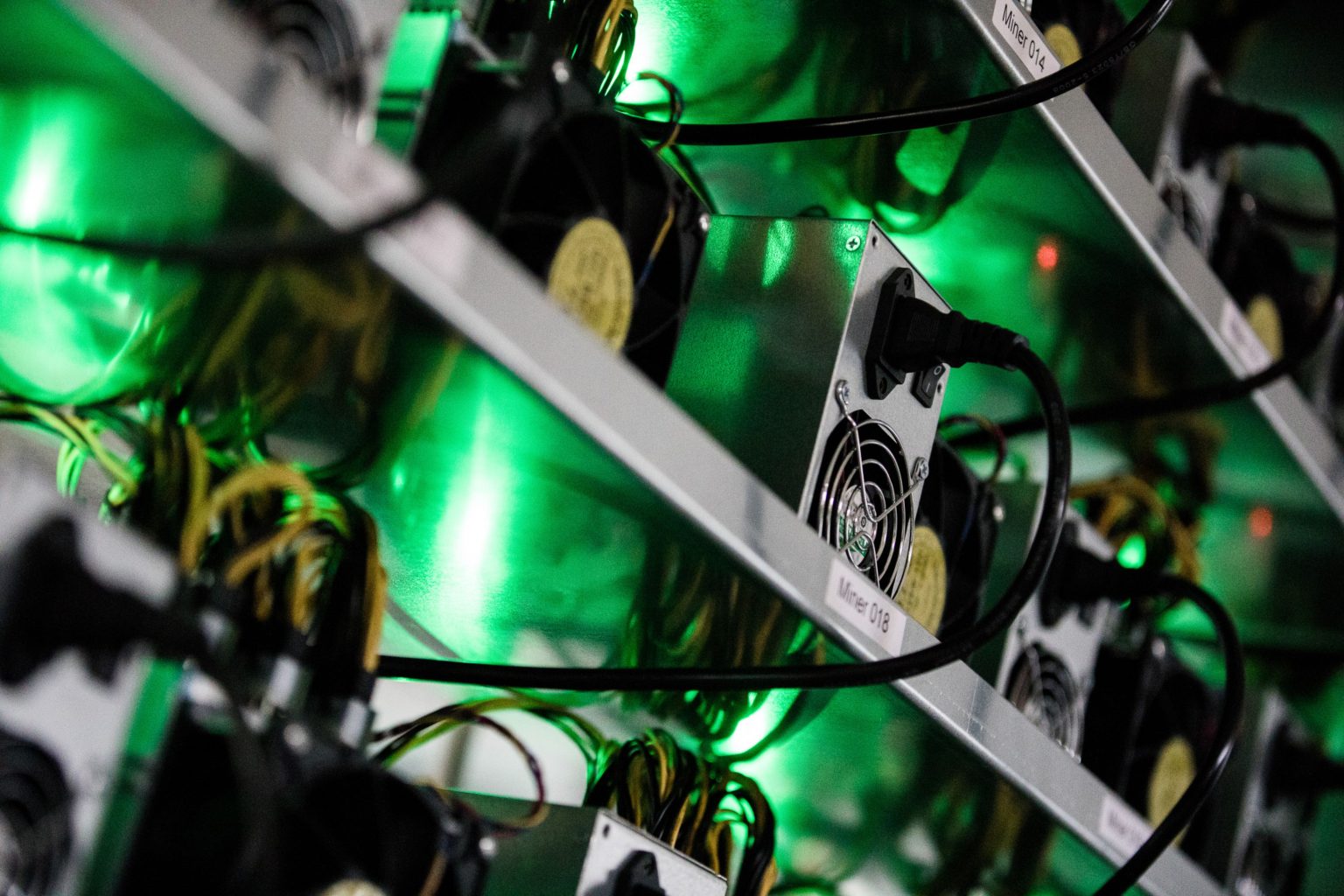South African crypto traders warned against using exchange FTX

South Africa’s financial regulator said traders should be “cautious and vigilant” when using FTX Trading, one of the world’s fastest-growing crypto exchanges.
The Financial Sector Conduct Authority on Wednesday issued two notices warning against dealing with Bahamas-headquartered FTX and Seychelles-based ByBit. It said the companies are not authorized to give financial advice or intermediary services in South Africa.
ByBit has been offering South Africans access to its online platform to trade in derivative instruments and FTX might be doing the same, the regulator said in a statement. For FTX to offer contracts for difference or CFD trading in South Africa, “it must be licensed to do so by the regulator,” the FSCA said.
FTX didn’t immediately respond to a request for comment from Bloomberg. ByBit said it will provide a response shortly.
The warnings come as South Africa scrambles to introduce new regulations for the crypto industry following two of the world’s largest fraud cases that originated from the country, with billions of dollars worth of Bitcoin allegedly lost. The proposed rules this year will give guidelines on how South Africans can interact with crypto exchanges.
The FSCA said attempts to contact FTX on the matter were unsuccessful, although ByBit responded by indicating their willingness to apply for authorisation to provide financial advisory and intermediary services.
Digital currencies have moved from the periphery of the finance world to the mainstream over the past few years, leading to deeper scrutiny. In Africa, the cryptocurrency market grew 1,200% to more than $105 billion between July 2020 and June 2021, according to research provider Chinalysis.
South Africa is looking into establishing rules on trading in coins such as Ethereum, XRP and Litecoin, FSCA Commissioner Unathi Kamlana told Bloomberg in a previous interview. Authorities will also examine how cryptocurrencies interact with traditional financial products, the risks to banks and whether they threaten fiscal stability.

